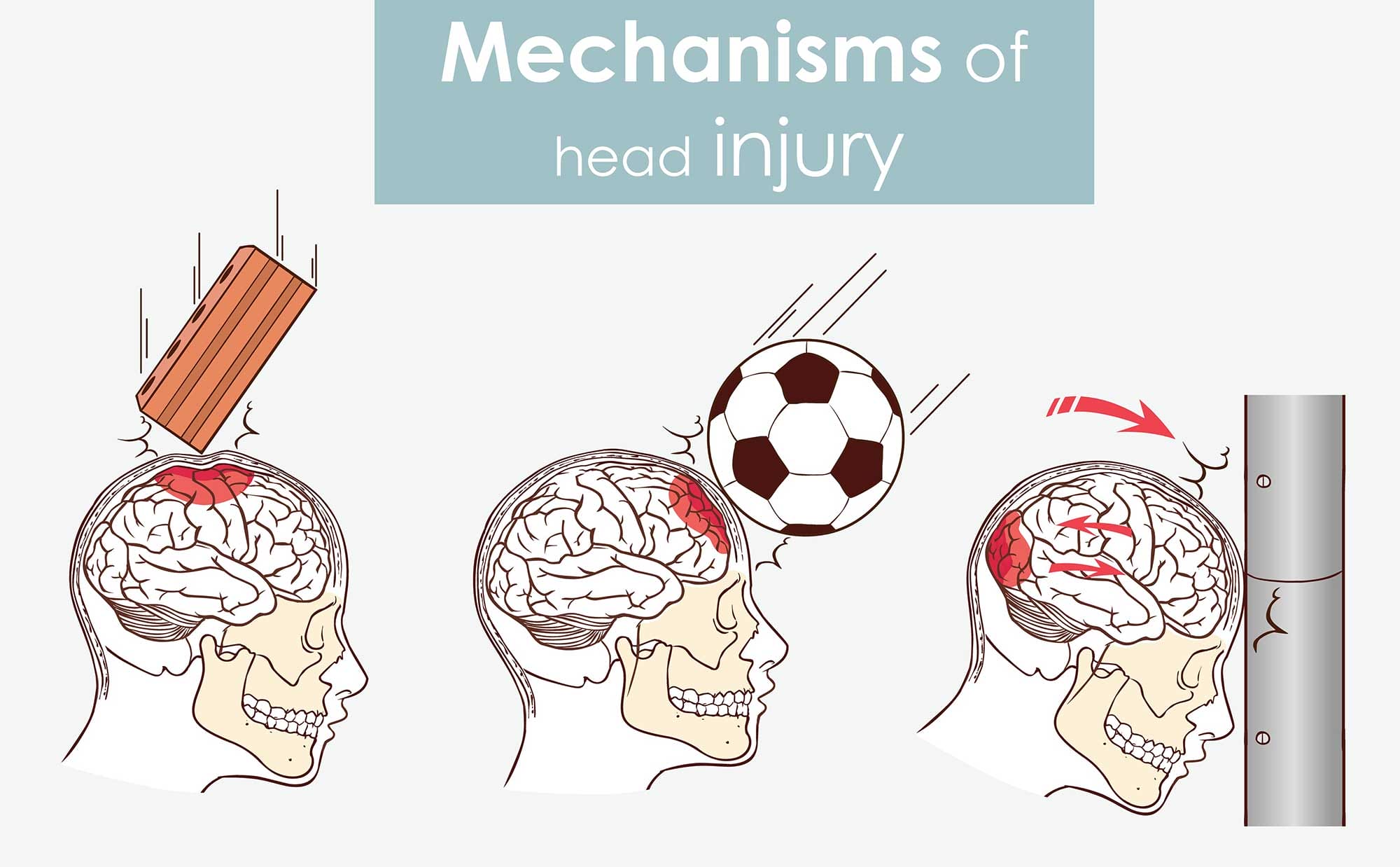
Diagnostic Category: Traumatic Brain Injury (TBI)
TBI is extensive brain damage, with or without skull fractures
Causes include road and work accidents, leading to movement, cognitive, and speech issues
Severity and location determine the long-term impact
Αs traumatic brain injury (TBI) we define any extensive brain damage with or without a skull fracture. Most TBIs are due to either road or work accidents. The main problems after a brain injury include: movement, psychological and cognitive disorders, seizures, speech and language disorders as well as swallowing disorders. TBI might appear as anything from mild to severe. The location and severity of the brain injury determine the nature and degree of permanence of the neurological problems.
Browse by diagnostic category
Discover the wide range of conditions we work with, from neurological and developmental disorders to physical rehabilitation. Find personalized occupational therapy services designed to meet your unique needs.
Amyotrophic Lateral Sclerosis (ALS)
Brachial Plexus Injury-BPI (Obstetrical Palsy)
Cerebral Palsy (CP)
Cerebrovascular Accident (Stroke)
Multiple Sclerosis (MS)
Spinal Cord Injury (SCI)
Traumatic Brain Injury (TBI)
Autism Spectrum Disorder (ASD)
Attention-Deficit/Hyperactivity Disorder (ADHD)
Developmental Coordination Disorder (DCD)
Learning Difficulties

Working with TBI in the Plasticity Lab
Donec nec justo eget felis facilisis fermentum. Aliquam porttitor mauris sit amet orci. Aenean dignissim pellentesque felis.
